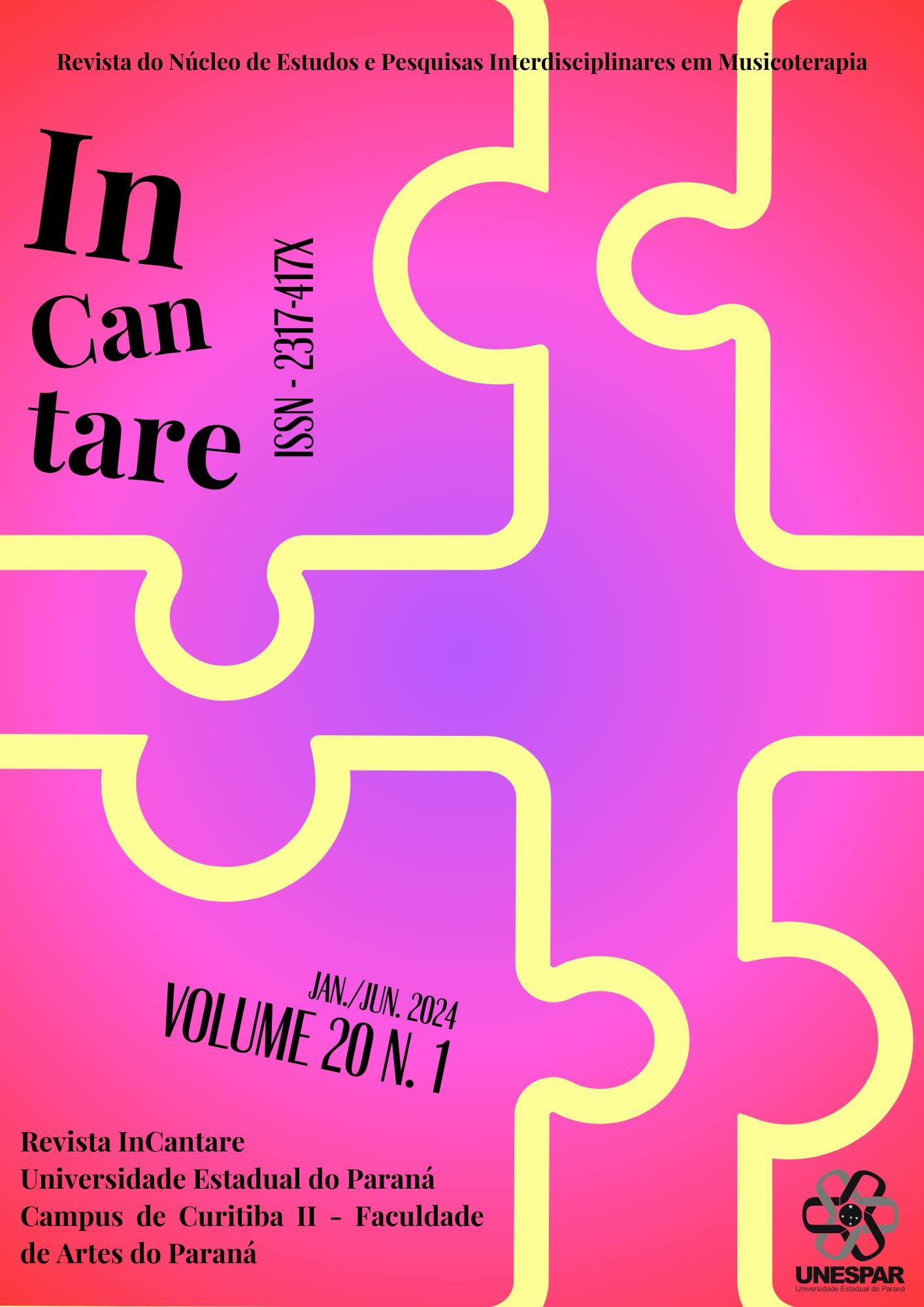As tecnologias digitais da informação e comunicação (TDIC) acessíveis às pessoas com deficiência visual no ensino superior
alcances dialógicos nos discursos docentes
DOI:
https://doi.org/10.33871/2317417X.2024.20.1.8784Keywords:
Remote teaching, DCIT, Digital Accessibility, Visual Impairment, Social Inclusion.Abstract
The present study aims to understand the social voices present in the discourse of teachers who have taught students with disabilities, regarding the inclusion debate. We also seek to comprehend the relationships with Digital Communication and Information Technologies (DCIT) for individuals with visual impairments at the Federal Rural University of Pernambuco, considering contextual transformations resulting from the COVID-19 pandemic. This is a qualitative research organized in two phases, conducted between August 2021 and September 2021. In the first phase, a questionnaire was administered to five teachers; subsequently, a semi-structured interview was conducted with four teachers who constituted the research population and agreed to participate in this second phase. For analysis, a categorization method for responses was developed based on Bakhtin's dialogism. This allowed us to understand the dialogical relationships in the statements of teachers who experienced the reality during the pandemic, which led to the emergence of new meanings regarding technologies and virtual learning environments. The results indicated that there is integration of individuals with visual impairments in the institution, but not inclusion, as the law guarantees to students. In the subjects' discourse, one can find meanings regarding the lack of teacher training, the difficulty in disseminating information in the university, as well as the limitations of a society that still needs to progress to promote inclusion. However, the discursive achievements highlighted the teachers' concern with the issues raised, revealing voices that foster desires and actions for inclusion.
Downloads
Downloads
Published
How to Cite
Issue
Section
License
Copyright (c) 2024 InCantare

This work is licensed under a Creative Commons Attribution 4.0 International License.
A Revista InCantare adota acesso aberto e o copyright dos artigos e da entrevista pertence aos respectivos autores/entrevistados com cessão de direitos para a Revista InCantare no que diz respeito à inclusão do material publicado (revisado por pares/postprint) em sistemas/ferramentas de indexação, agregadores ou curadores de conteúdo.
Os artigos publicados por esta Revista são de livre uso para compartilhar. É preciso dar o crédito apropriado, prover um link para a licença e indicar se mudanças foram realizadas.
A Revista InCantare não cobra qualquer tipo de taxa para submissão e/ou publicação de artigos.

















